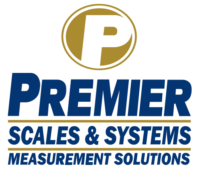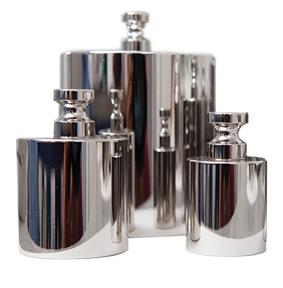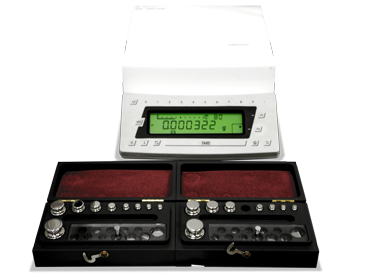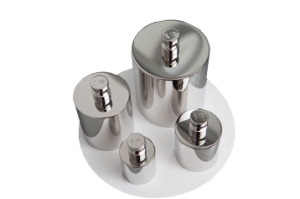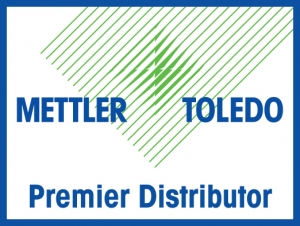The importance of Scale Calibration
In the intricate world of metrology, where precision reigns supreme, scale calibration emerges as a fundamental process ensuring accuracy in measurements. Whether in manufacturing, pharmaceuticals, or research, the reliability of data hinges upon calibrated scales. Let’s embark on a journey to demystify scale calibration, its significance, and why it’s the bedrock of accurate measurements in metrology.
What is Scale Calibration?
Scale calibration is the methodical process of adjusting and validating the accuracy of scales against recognized standards. These instruments, ranging from weighing scales to analytical balances, undergo meticulous scrutiny to ensure their readings align with established benchmarks. By comparing measurements with known standards, calibration guarantees precision and reliability.
Why Scale Calibration Matters in Metrology:
- Quality Assurance: In industries where consistency is critical, calibrated scales serve as the cornerstone of robust quality assurance processes, minimizing errors and ensuring product integrity.
- Compliance and Standards: Regulatory bodies often mandate scale calibration to adhere to industry standards, safeguarding consumer interests and promoting fair trade practices.
- Risk Mitigation: In sectors like healthcare and aerospace, where even minor deviations can have significant implications, calibrated scales mitigate risks associated with inaccurate measurements, safeguarding both reputation and safety.
Key Concepts in Scale Calibration:
- Traceability: Calibration procedures often hinge upon traceability, ensuring that measurements can be traced back to internationally recognized standards, bolstering credibility and comparability meaning that all lbs. are the same, i.e. a lb. in Kentucky is an lb. in Japan.
- Uncertainty Analysis: Understanding the margin of error associated with measurements is crucial. Uncertainty analysis quantifies this margin, enabling informed decision-making and risk management.
- Calibration Intervals: Determining the frequency of calibration is essential. Factors such as instrument usage, environmental conditions, and industry regulations dictate the calibration interval, optimizing performance and resource utilization.
- Documentation and Compliance: Thorough documentation of calibration processes is imperative for audit trails and compliance with regulatory requirements, fostering transparency and accountability.
Bottom Line:
In the dynamic landscape of metrology, scale calibration stands as a beacon of precision and reliability. By ensuring the accuracy of measurement instruments, it underpins quality assurance, regulatory compliance, and ultimately, consumer trust. Understanding the nuances of scale calibration is not just a necessity but a testament to a commitment to excellence in measurement practices.
Embrace scale calibration as an integral component of metrology, and unlock the potential for unparalleled precision in your operations.
PREMIER SCALES & SYSTEMS ISO/IEC17025 ACCREDITED CALIBRATION SERVICES
Premier Scales & Systems is home to the area’s largest ISO/IEC17025 accredited calibration scopes meaning we are truly a full-service calibration company. This full-service approach means one company, one point of contact, and one invoice for any metrology need. You can rely on Premier Scales & Systems for accurate results that do more than keep you in compliance but also increase the life and efficiency of your measuring equipment.
